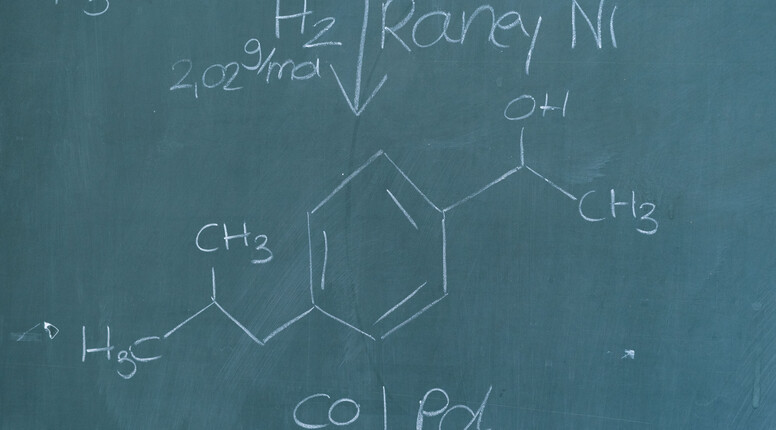Green Chemistry
1.320,00 €
From the very beginning, identifying and evaluating potentially high value chemicals that can be extracted and transformed from renewable feedstocks requires robust, efficient, selective, reproducible, and benign analytical approaches. Green and sustainable separation of natural products from agro-industrial waste is attractive considering several techno-scientific, socio-environmental and economic aspects. In this module, the concepts of green and sustainable analytical chemistry, especially separation of natural products will be discussed, highlighting the main studies conducted in this topic over the last years. Some of the principal analytical techniques, by-products and target compounds described in the literature and considering our practice will be presented, including the emerging green and sustainable separation approaches towards bioeconomy, circular economy, UN Sustainable Development Goals (SDGs) and targets internationally agreed in the 2030 Agenda for Sustainable Development, focusing on selected case studies related to food production, processing and consumption.
| Ist zugangsbeschränkt: | Ja |
|---|---|
| Voraussetzung - Hochschulzugangsberechtigung: | Nicht erforderlich |
| Voraussetzung einjährige Berufserfahrung: | Erforderlich |
| Voraussetzungen - Sprache: | Englisch: TOEFL Internet (92 Pkt); IELTS (Acad. Level 6.5 Pkt); CAE/CPE (Level C1, Grade B); TOEIC (720 Pkt listening/reading, 310 Pkt speaking/writing); ggf. Einzelfallprüfung |
| Voraussetzungen - Fachkenntnisse: | Kenntnisse Chemie, Biologie, Umwelt |
| Weitere Voraussetzungen |
1) Training as a chemical-technical assistant or pharmaceutical-technical assistant OR 2) B.Sc. in Chemistry, Pharmacy or similar
1) Training as a chemical-technical assistant or pharmaceutical-technical assistant OR 2) B.Sc. in Chemistry, Pharmacy or similar |
| Themenfeld: | Ingenieur- & Naturwissenschaften, Nachhaltigkeit, Energie & Umwelt |
| Veranstaltungsformat: | Online |
| Niveau: | Master |
| Lehrsprache: | englisch |
| Studiengang |
Sustainable Chemistry
Zur Studiengangs-Webseite
|
| Anzahl der CP / ECTS: | 10 |
| Workload - Kontaktzeit (in Stunden): | 16 |
| Workload - Angeleitete Selbstlernzeit (in Stunden): | 234 |
| Prüfung: | kurseigene Prüfung |
| Prüfungsformat: | Portfolio |
| weiteres Prüfungsformat: | keine weitere Prüfung |
| Qualifikationsziele |
You will acquire substantive knowledge about:
You will acquire substantive knowledge about:
|

